The University Bookman
Reviewing Books that Build Culture
Watch James Panero of the New Criterion discuss “The Urbanity of Russell Kirk” at the 2025 Gerald Russello Memorial Lecture.
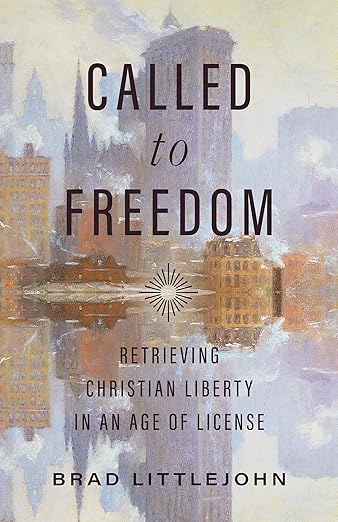
Renewing Our Understanding of True Freedom
Called to Freedom: Retrieving Christian Liberty in an Age of License By Brad Littlejohn. B&H Academic, 2025. Paperback, 192 pages, $22.99. Reviewed by Andrew Fowler. reedom could be Modernity’s most overused yet least understood word. In an...
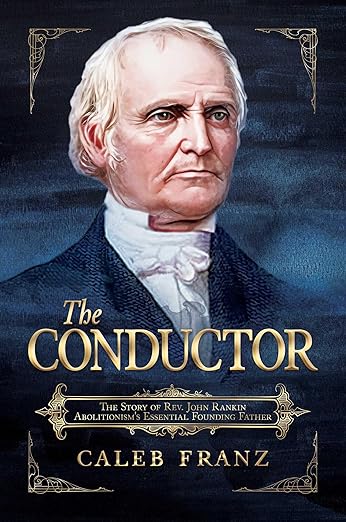
Abolitionism’s George Washington
The Conductor: The Story of Rev. John Rankin, Abolitionism’s Essential Founding Father By Caleb Franz. Post Hill Press, 2024. Paperback, 336 pages, $18.99. Reviewed by Peter Biles. he past is like a waterfall, and history is like the glass of water...
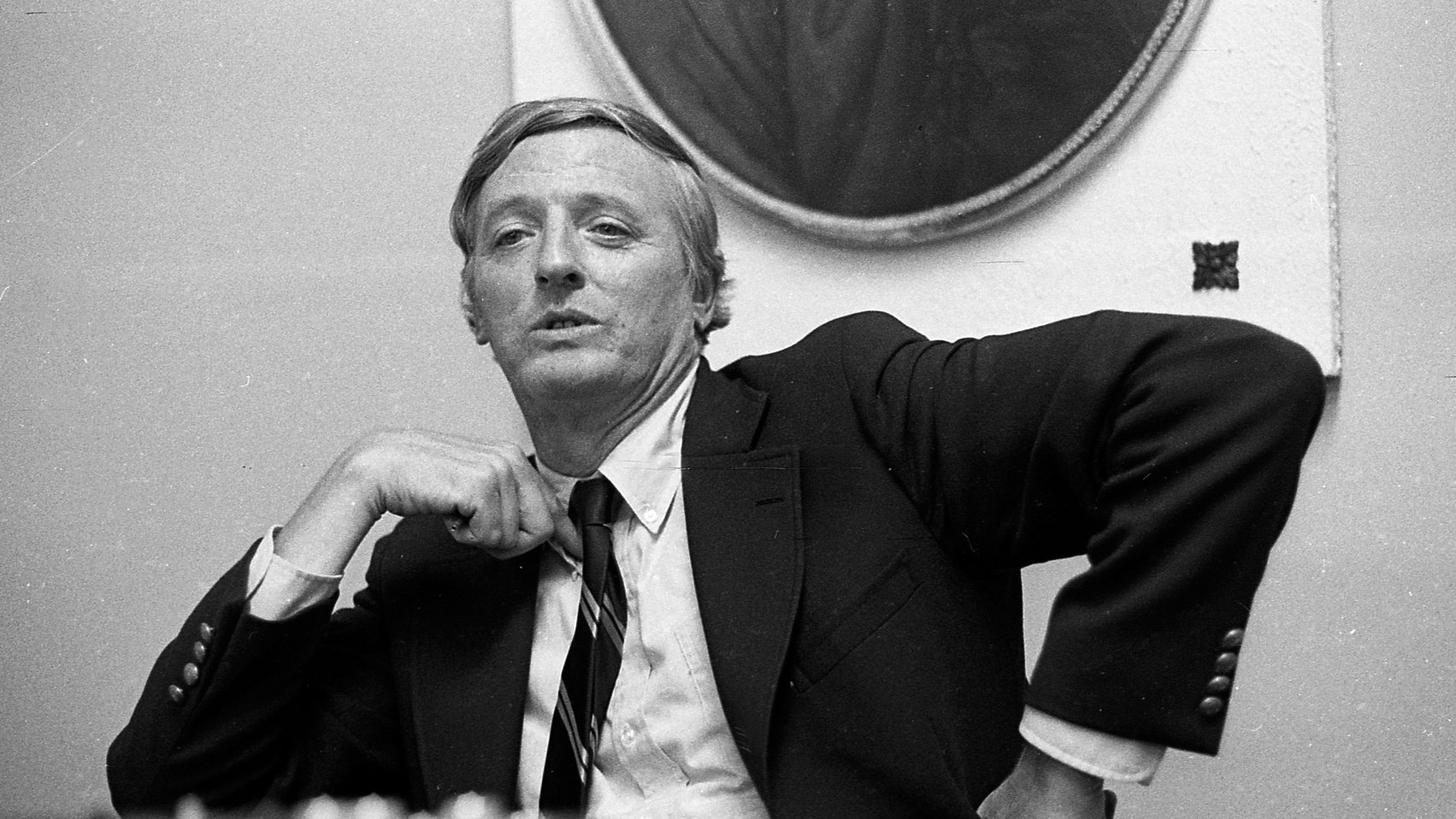
A Novel Individual: An Interview with William F. Buckley Jr. on his Fiction
Interviewed by William F. Meehan III This interview ran in The University Bookman in 1996 (vol. 36, no. 2, pp. 25-32), when Jeffrey O. Nelson, who was the journal’s editor, expertly turned the lengthy manuscript of my 90-minute interview into a coherent, polished...
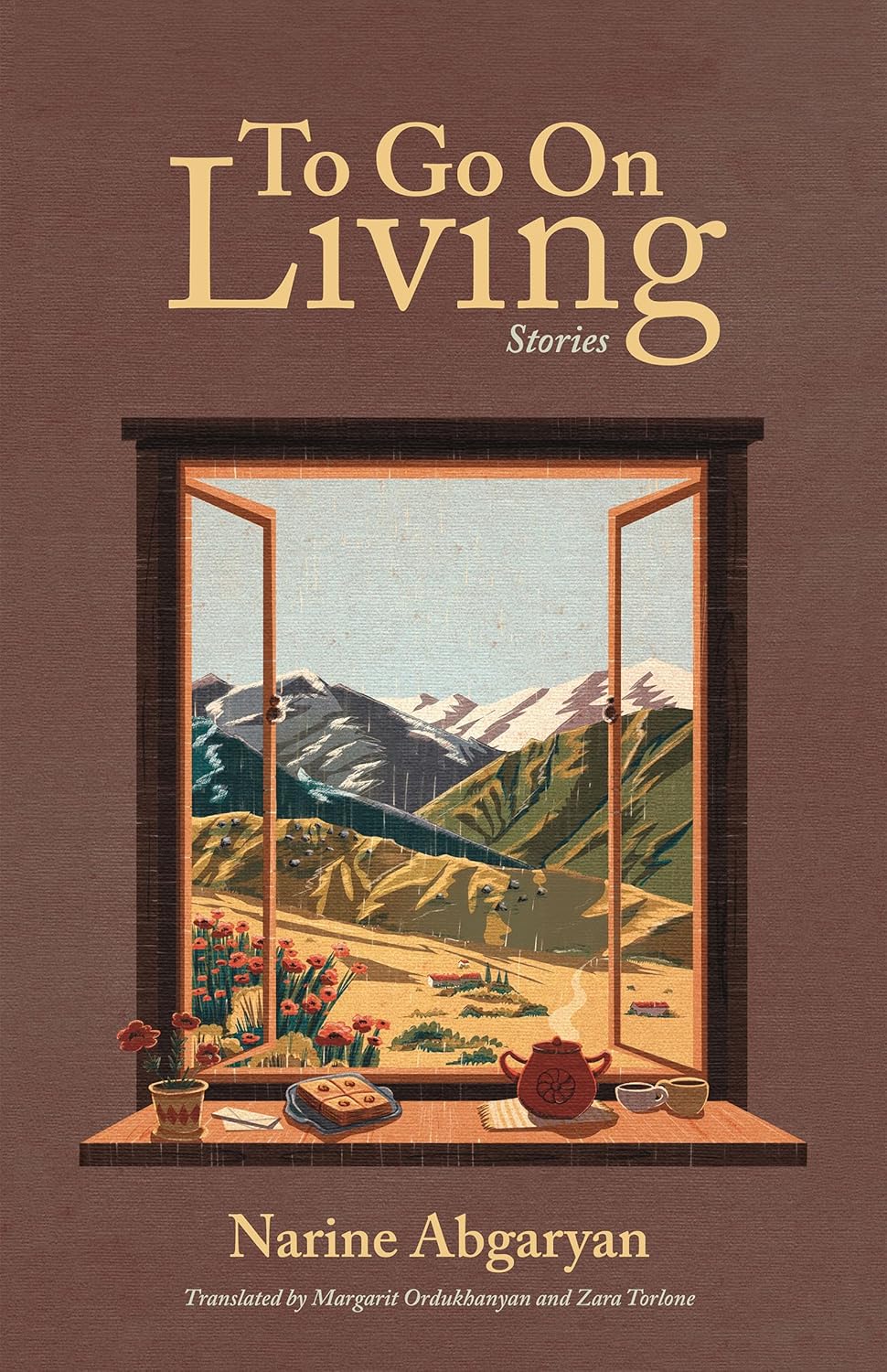
Life During Wartime
To Go On Living: Stories By Narine Abgaryan. Plough, 2025. Hardcover, 220 pages, $24.95. Reviewed by Michial Farmer. odern Westerners live with a delusion. We actually live with a lot of delusions, but perhaps the most insidious one is that the...
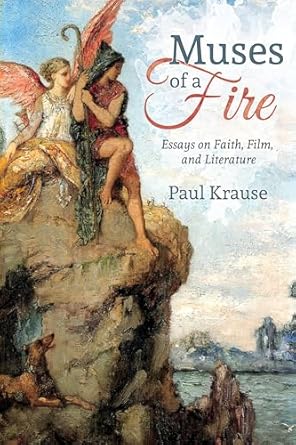
The Triumph of Love
Muses of a Fire: Essays on Faith, Film, and Literature By Paul Krause. Stone Tower Press, 2024. Paperback, 227 pages, $24.95. Reviewed by Jesse Russell. oman Polanski’s 1974 masterpiece Chinatown is not only a classic of film noir, but it is also...
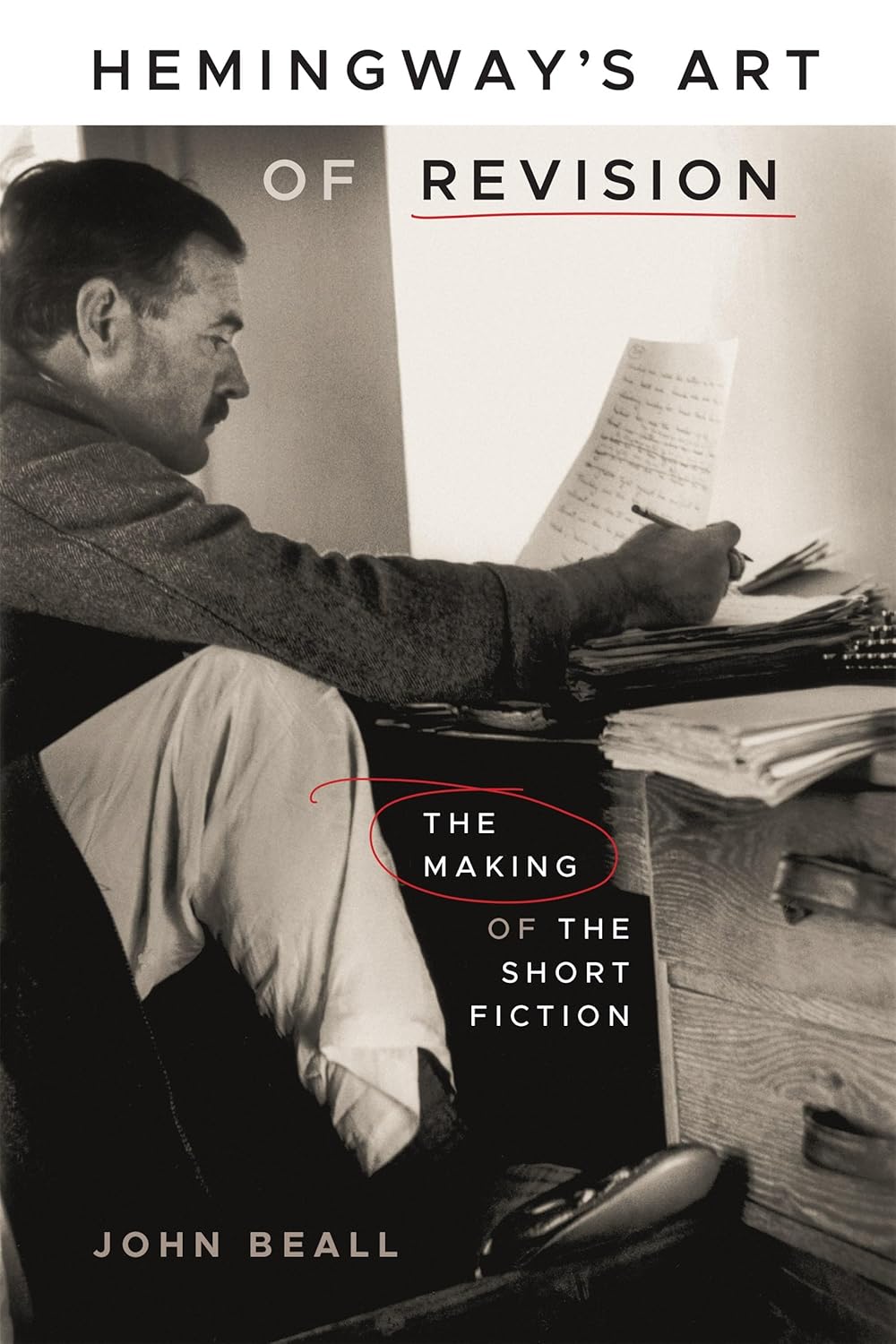
Understanding the Rest of Hemingway’s Iceberg
Hemingway’s Art of Revision: The Making of the Short Fiction By John Beall. Louisiana State University Press, 2024. Hardcover, 310 pages, $50. Reviewed by Sean C. Hadley. n Brad Paisley’s 2005 hit song, “Alcohol,” the country musician sings about...

The Postmodern Poetry of J.R.R. Tolkien
“Even if Tolkien did not understand his literary enterprise as distinctively modernist, many of the techniques he deployed—the creation of a secondary world, for instance, or his invented languages, and above all the metatextual integration of poetry and prose—nonetheless bear a resemblance to the experiments in letters conducted by his more avant-garde peers.”
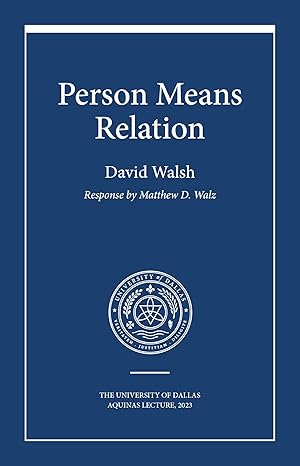
Catholic Zen
“Walsh’s philosophy is timely. For the Christian, it’s imperative to try to understand the mystery of the Trinity and always will be, so theology of the person is destined to be a never-completed project. For everybody else, the question of the person has invaded our daily lives. Invaded is the wrong word, of course. The person is always there, but occasionally we glimpse deeply the persons that are woven into our lives. Disputations on abortion and euthanasia reduce to warring conceptions of the person, and now artificial intelligence challenges commonplace understandings of persons and relationships.”

Outlining Sanity in the Garden
“…there are those books like The Tao of Vegetable Gardening by Carol Deppe, which is a beautiful hybrid: mostly how-to gardening advice, but laced with a meditational attitude that, though rarely overt, informs the book as a whole… [It] is part of a rich bed of American gardening literature that, in the words of M.E. Bradford, mixes ‘practical agricultural advice and moral reflection.’”
The Book Gallery
A collection of conversations with Bookman editor Luke C. Sheahan and writers and authors of imagination and erudition. Click on the icon in the upper right corner of the video to see more episodes in this series or check out our YouTube page.
